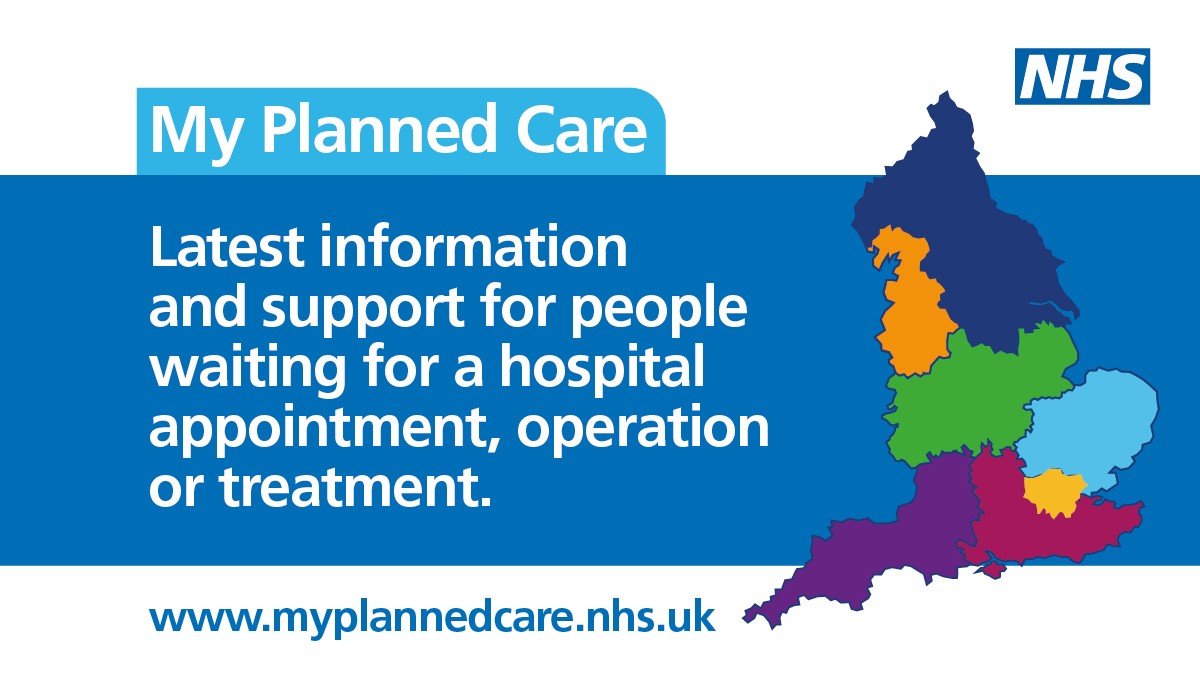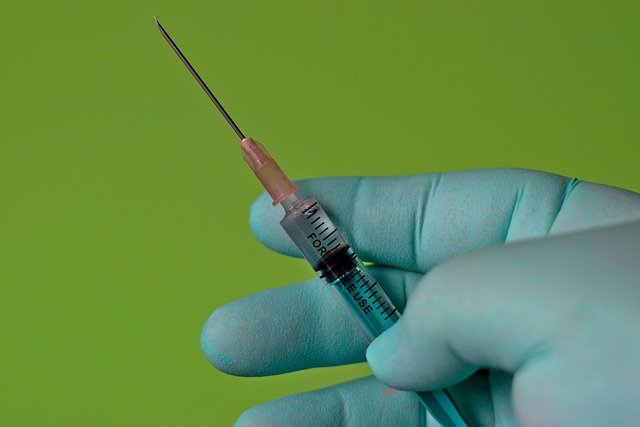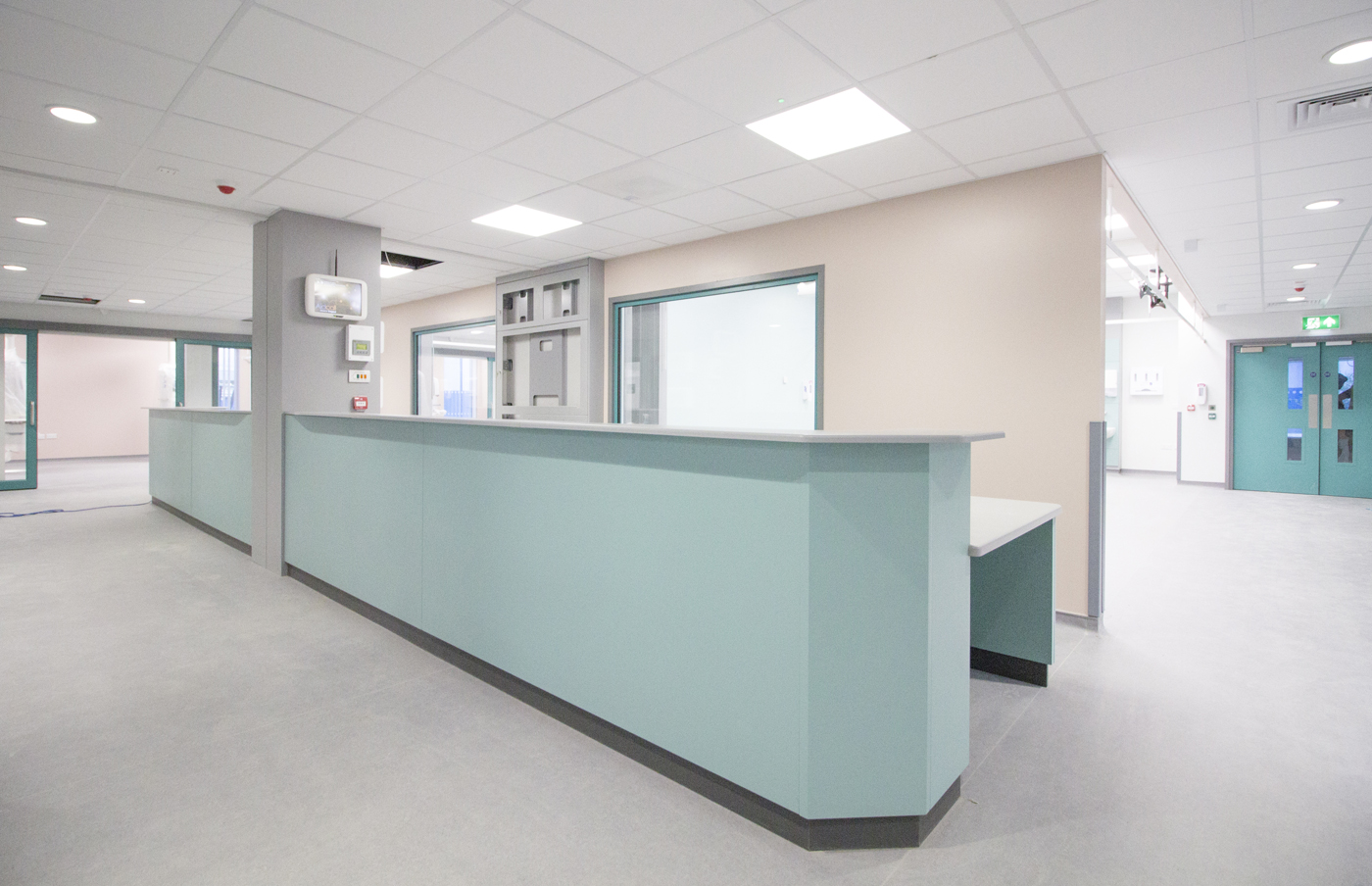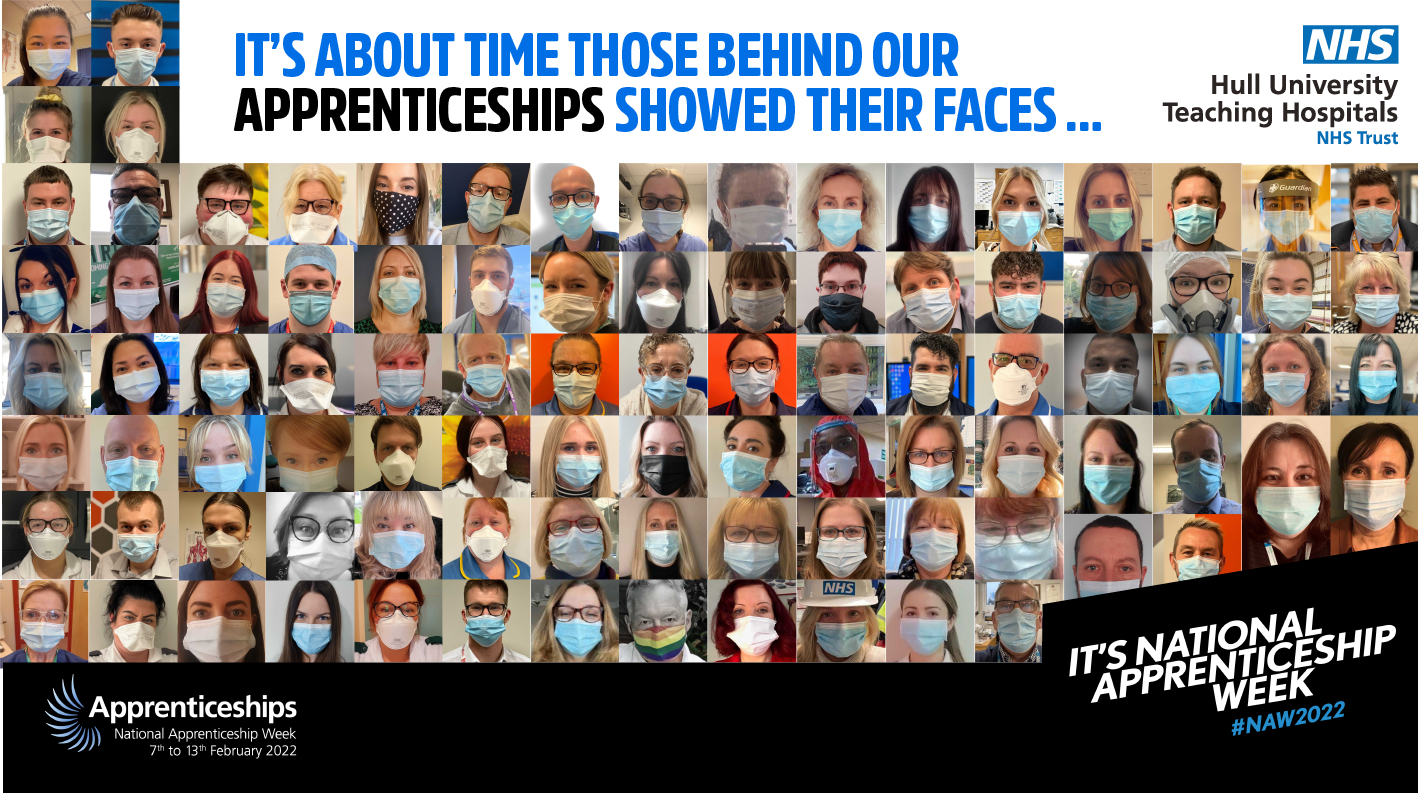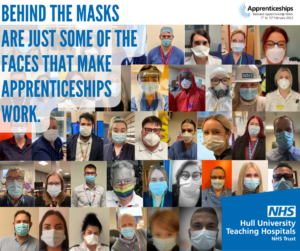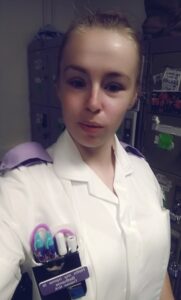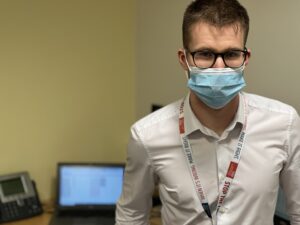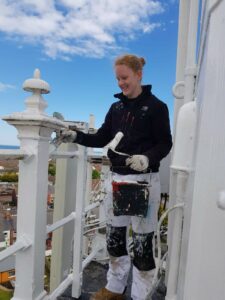A Hull-based project designed to improve outcomes for asthma patients and reduce climate change has been shortlisted for a national award
A Hull-based team seeking to reduce the environmental impact of asthma care and deliver better outcomes for patients has been recognised for its work.
The SENTINEL project, spearheaded by Hull University Teaching Hospitals working with NHS Hull CCG, Hull York Medical School, Hull University and AstraZeneca, has been shortlisted for ‘Environmental Sustainability Project of the Year’ at the Health Service Journal’s 2022 Partnership Awards.
At the heart of the project is the basic principle of good clinical education, encouraging clinicians and the region’s 40,000 asthma patients to manage their condition proactively to reduce asthma attacks and reduce the environmental impact of asthma and its treatment.
Since it began in 2020, over the course of the project SENTINEL has saved the equivalent of 424 metric tonnes (approx.) of carbon emissions or, put more simply, around 530 transatlantic flights from Leeds to New York.

Dr Michael Crooks
Dr Michael Crooks, lead for the SENTINEL project, senior clinical lecturer at Hull York Medical School and respiratory consultant based at Castle Hill Hospital explains:
“Most asthma patients use two inhalers; a ‘preventer’ inhaler which is used to control the condition and prevent acute attacks, and a blue ‘reliever’ inhaler which is used to temporarily relieve symptoms.
“Overuse of reliever inhalers is known to indicate poor asthma control and is a sign that person is at increased risk of having an asthma attack. These blue reliever inhalers are typically metered dose inhalers (MDIs), the type of inhaler with the greatest impact on the environment, making up 70% of the carbon footprint of all inhalers in the UK.
“At the start of the project, Hull and East Yorkshire were among the biggest prescribers of blue reliever inhalers in the country. We could see that there was a potential benefit to be had for patients’ health in reducing reliance on these devices, but that there would be a significant environmental benefit too.
“Working together with hospital colleagues, those from primary care and the University, we designed a package of measures to help reduce reliance on blue inhalers in asthma. These measures included providing education for both patients and prescribing clinicians, reviews for asthma patients and real time data monitoring, but crucial to our success was the promotion and use of Maintenance and Reliever Therapy (MART) for appropriate patients. MART is an approach to treating asthma that uses the same inhaler as both the preventer and reliever. This approach is well known to reduce the risk of asthma attacks and has the potential to reduce the need for blue reliever inhalers and the environmental impact of asthma and its treatment.”
Dr Crooks continues:
“The outcomes to date have been really positive; just taking our first primary care network as an example, following the implementation of SENTINEL they went from being among the top 5% of reliever prescribers nationally to below the national average in the space of just three months.
“Collectively, across all participating practices to date, we have seen 15,154 fewer blue inhalers issued as a result of this project, equating to an approximate carbon footprint saving of 424 metric tonnes and this figure doesn’t take into account further potential benefits from also using preventer inhalers with lower environmental impact.
“In reducing over-reliance on reliever inhalers we hope to have brought more people’s asthma under control and reduced the number of people suffering asthma attacks. These are outcomes that we are continuing to evaluate as the project continues.
“We believe that this is the first project of its kind in the UK where a programme has been designed and implemented at scale to help reduce the environmental impact of a disease and its treatment at the same time as achieving better clinical outcomes for our patients, and that’s what makes us really proud.”
Owing to the ongoing success of the SENTINEL project, it is now being adopted by more GP practices in the Hull and East Yorkshire area, while SENTINEL Plus has also been developed to enable the programme to be further rolled out across the UK.
SENTINEL is one of just three finalists vying for the title of ‘Environmental Sustainability Project of the Year’ at the 2022 HSJ Partnership Awards, and the winner will be revealed at a special ceremony taking place in London tonight.
For more information on the SENTINEL project visit https://hullasthma.co.uk/





 Hull University Teaching Hospitals (HUTH) have arranged for the mural to be spray-painted onto the side of the three-storey building to thank staff for their continuing efforts more than two years into the declaration of the pandemic by the World Health Organisation in January 2020.
Hull University Teaching Hospitals (HUTH) have arranged for the mural to be spray-painted onto the side of the three-storey building to thank staff for their continuing efforts more than two years into the declaration of the pandemic by the World Health Organisation in January 2020.

